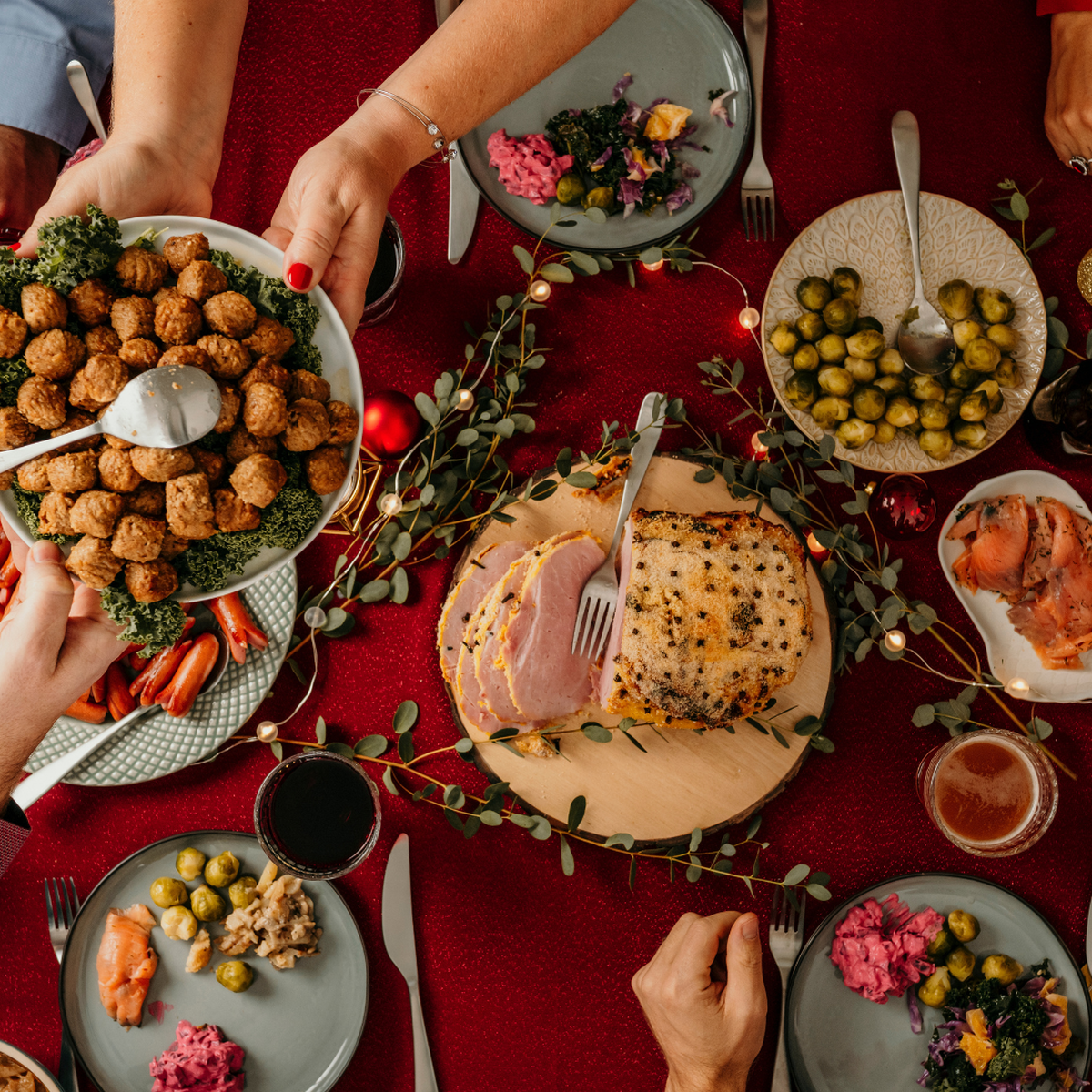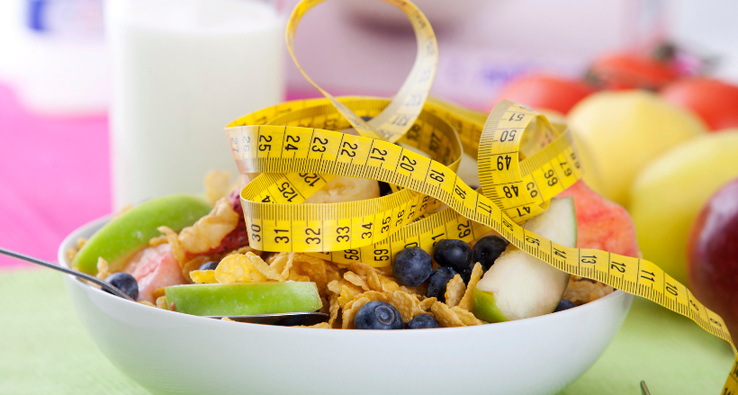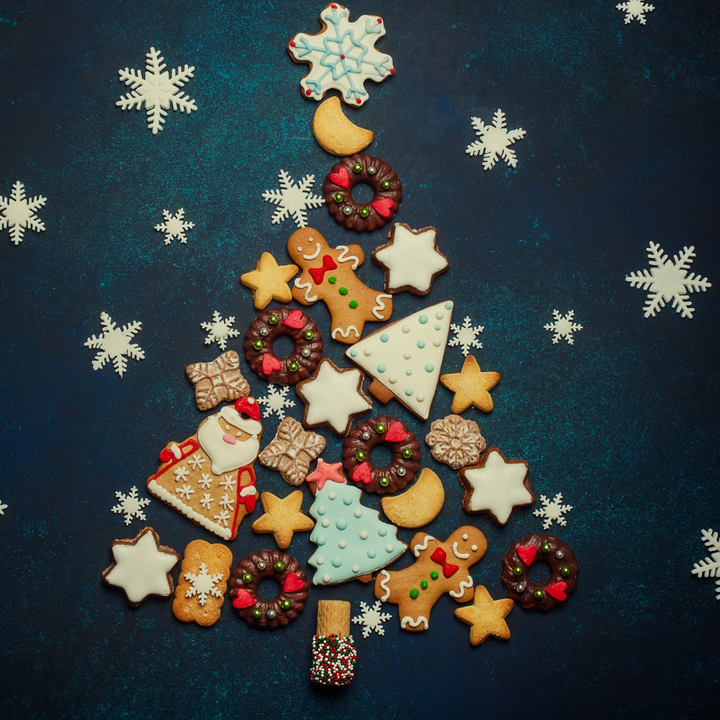Twas' the Diet after Christmas

Meet Jane Doe; Jane is a 55-year-old female who lives with her husband and 2 children.
It is the holiday season, a time of festivities, fun, family time and endless amounts of food. Jane is enjoying nibble platters, cheese platters, dips, large meals with 50 different salads, ham, roast chicken, prawns, and that is before she even thinks about the dessert (Pavlova, YUM!)... is it food overload!
Now Christmas is over. Jane is resolved to return to her diet and be 'good' again. So she decides to cut out all the sweet foods she enjoys. 2 weeks into her diet, she notices her clothes are looser, and there are changes in her body. Success! Jane is losing weight, and she knows that if she just continues this diet, she will continue to lose more!
Another 2 weeks go by, and Jane's metabolism has now begun to slow to conserve energy. Hunger and appetite start to increase, and she starts thinking more and more about those sweet foods she has told herself she is not allowed to eat. Her body is working hard to push her to break the diet so that her body receives the food it requires.
Another week passes, and Jane decides she can't fight the craving anymore. She will just have one chocolate from the box she received at Christmas. But... her body is in a state of deprivation. She now has an "All or Nothing" state of thinking, and before she even realises what is happening, all the chocolates are gone.
The shame spiral begins. Jane has 'broken her diet', feels out of control around food, feels like a failure, and is guilty, upset, and regaining the weight she lost. Jane is experiencing body dissatisfaction and promises herself that next year she will be better and the diet cycle continues.

We need to break this cycle
Unfortunately, Jane's story is not rare or unique - as Accredited Pracitising Dietitians, we spend a lot of our time at the end of every year answering questions such as "how do I 'stay good' during Christmas?" or "I don't want to feel guilty after Christmas lunch, what limits should I put on myself?"
And this is the issue we have with diet culture - the main reason anyone feels "guilty" when eating certain foods (discretionary foods) is that the message that they are unhealthy, bad, and fattening has been shoved unscrupulously under our noses. We have to remember that the diet industry is a multi-billion dollar industry that succeeds by making people feel bad about themselves. Causing people to become stuck in a vicious cycle of dieting (which makes the dieting companies even more money!).
But, unfortunately, 95% of people who diet will regain the weight they lost. After repeated diets, losing weight may become harder, and the more you tell yourself that you can't or shouldn't have a particular food, it can lead to intense feelings of deprivation that build into uncontrollable cravings and, often, bingeing, just like it did for Jane.
Top Tips to Avoid the Post-Christmas Diet.
- Avoid all 'restrictive style' diets (yes, that includes Keto!)
- Reduce the risk of falling into a diet cycle by regularly eating throughout the day and including adequate amounts from all food groups (including 'sometimes foods' like chocolate)
- Focus on wellbeing as a measure of success, not weight. (Ask yourself how you feel instead of how you look)
- Practice intuitive eating by honouring hunger and fullness cues.
- If you feel like you need help with your weight or eating or you would like to lose weight and eat better seek professional help from an Accredited Practising Dietitian or your GP.

Key things to remember while you celebrate the season
- Continue to eat your regular breakfast through the festive season.
- Don't overfill your plate at Christmas celebrations - you can always go back for seconds if you still feel hungry!
- Enjoy a selection of all foods - everything in moderation.
- Go for a walk after lunch with the family or try out those new bikes, or take the kids for a play at the park.
Most importantly, eating the trifle or pavlova won't make you a bad person.
If you have concerns regarding your eating habits, relationship with food or your overall wellbeing, please seek advise from your GP or an Accredited Practising Dietitian.